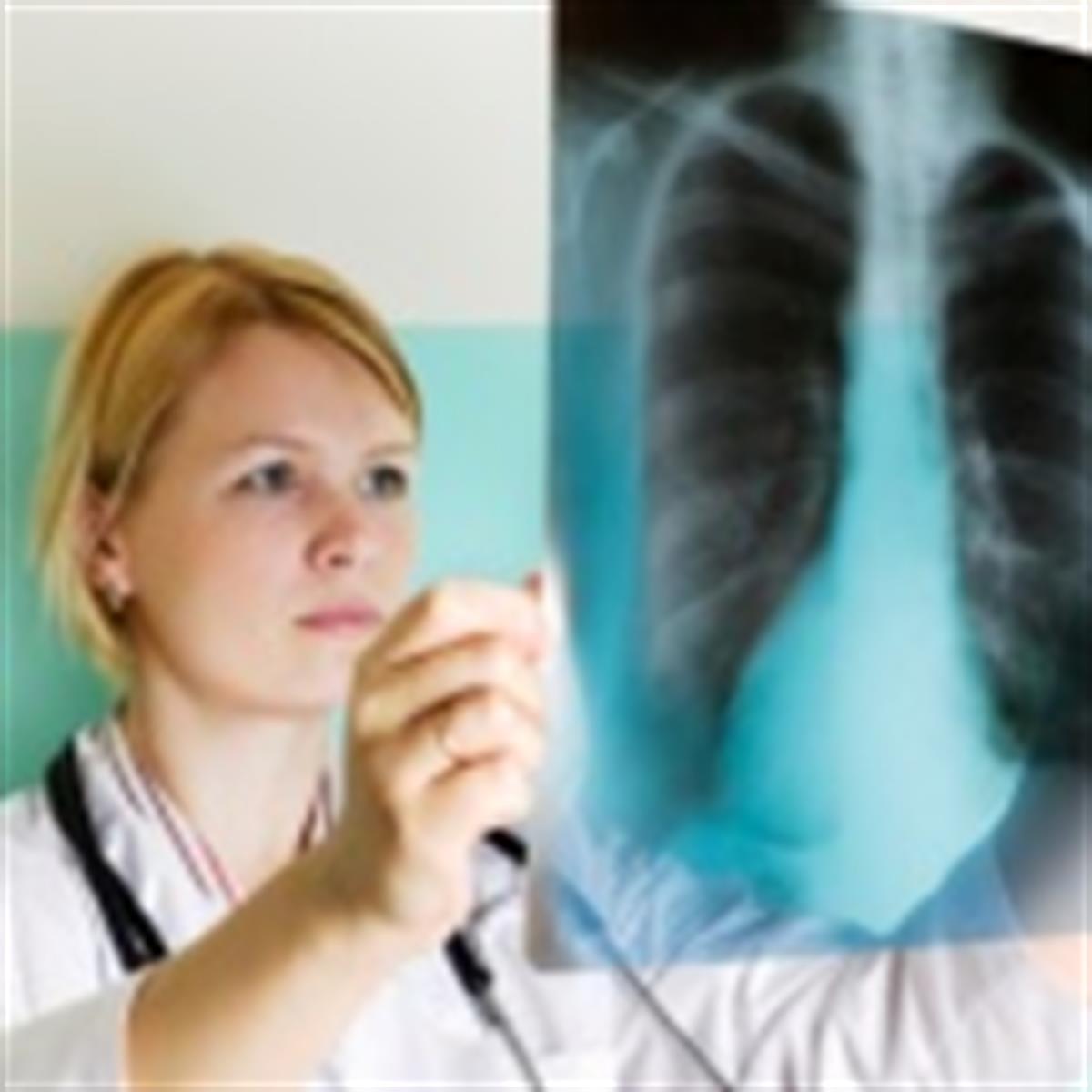Pediatric Pulmonologist: Specialists in Children’s Respiratory Health
Respiratory health is a critical aspect of a child’s overall well-being. When children experience respiratory issues, it’s essential to seek specialized care from pediatric pulmonologists. These medical professionals play a vital role in diagnosing and treating various respiratory conditions in children, ensuring they breathe easier and lead healthier lives.

What Is a Pediatric Pulmonologist?
Pediatric pulmonologists are medical doctors with advanced training in pediatric respiratory medicine. They focus on addressing lung and breathing problems in infants, children, and adolescents up to the age of 18. These specialists are dedicated to providing comprehensive care for a wide range of respiratory conditions, from asthma and bronchitis to rare genetic disorders affecting the lungs.
Pediatric pulmonologists work closely with pediatricians, family physicians, and other specialists to deliver personalized treatment plans tailored to each child’s unique needs. They are experts in recognizing and managing respiratory symptoms in young patients and strive to improve their quality of life.
When to See a Pediatric Pulmonologist
Recognizing when to consult a pediatric pulmonologist is crucial for parents and caregivers. If your child exhibits any of the following signs or symptoms, it’s advisable to seek the expertise of a pediatric pulmonologist promptly:
Persistent Cough:
A chronic cough that lasts for weeks or months, especially if it worsens at night or during physical activity, could indicate an underlying respiratory issue.
Frequent Wheezing:
Wheezing, characterized by a high-pitched whistling sound when breathing, is a common symptom of asthma and other respiratory conditions.
Shortness of Breath:
If your child experiences difficulty breathing, breathlessness during normal activities, or rapid breathing, it may signal an underlying lung problem.
Common Pediatric Respiratory Conditions
Pediatric pulmonologists are skilled in diagnosing and treating a wide range of respiratory conditions that affect children. Some of the most common conditions they address include:
Asthma:
Asthma is a chronic respiratory condition characterized by airway inflammation, leading to recurrent episodes of wheezing, coughing, and shortness of breath. Pediatric pulmonologists help manage asthma symptoms and develop asthma action plans to control the condition effectively.
Bronchitis:
Pediatric bronchitis involves inflammation of the bronchial tubes, leading to persistent cough, mucus production, and sometimes wheezing. These specialists can distinguish between acute and chronic bronchitis and recommend appropriate treatments.
Diagnostics and Testing
Pediatric pulmonologists employ a range of diagnostic tools and tests to assess a child’s respiratory health accurately. These may include:
Pulmonary Function Tests (PFTs):
PFTs measure lung function and capacity, helping to diagnose conditions like asthma, chronic obstructive pulmonary disease (COPD), and restrictive lung diseases.
Chest X-rays:
X-rays of the chest provide images of the lungs and airways, aiding in the diagnosis of lung infections, pneumonia, and structural abnormalities.
Bronchoscopy:
This procedure involves inserting a thin, flexible tube with a camera into the airways to visualize the lungs and obtain samples for testing.
Treatment and Management
The treatment plans developed by pediatric pulmonologists are highly individualized, and tailored to the child’s diagnosis, age, and specific needs. Treatment options may include:
Medications:
Prescription medications, such as bronchodilators, corticosteroids, and antibiotics, are commonly used to manage respiratory conditions.
Breathing Exercises:
Children may be taught breathing exercises to improve lung function and reduce symptoms.
Lifestyle and Environmental Modifications:
Recommendations for lifestyle changes and environmental modifications, like allergen reduction or smoking cessation in the household, are vital components of treatment.
The Role of Prevention
Preventive measures play a crucial role in pediatric respiratory health. Pediatric pulmonologists educate families on strategies to minimize the risk of respiratory conditions and exacerbations. This may include guidance on maintaining a smoke-free environment, allergen control, and adherence to asthma action plans.
When to Consult a Pediatric Pulmonologist
Parents and caregivers should consider consulting a pediatric pulmonologist when:
Their child experiences recurring respiratory symptoms that do not improve with standard treatments.
They receive a diagnosis of a chronic respiratory condition like asthma or cystic fibrosis.
A child’s respiratory condition affects their daily activities, sleep, or overall quality of life.
There are concerns about the child’s lung health, including exposure to environmental factors like secondhand smoke or allergens.
Frequently Asked Questions (FAQs)
What age group do pediatric pulmonologists treat?
Pediatric pulmonologists typically treat infants, children, and adolescents up to the age of 18.
What conditions do pediatric pulmonologists specialize in?
They specialize in respiratory conditions such as asthma, bronchitis, pneumonia, cystic fibrosis, and sleep-related breathing disorders.
How can I find a pediatric pulmonologist for my child?
You can ask your child’s pediatrician for a referral or search online for pediatric pulmonologists in your area.
Are pediatric pulmonologists different from adult pulmonologists?
Yes, pediatric pulmonologists have specialized training in treating children’s unique respiratory needs.
What should I bring to my child’s first appointment with a pediatric pulmonologist?
Bring your child’s medical records, any previous test results, and a list of medications they are taking.
How often should my child see a pediatric pulmonologist?
The frequency of visits depends on the child’s condition and the treatment plan established by the specialist.
Can pediatric pulmonologists help manage allergies?
Yes, they can diagnose and manage allergies that affect a child’s respiratory health.
Are all wheezing episodes in children related to asthma?
No, wheezing can have various causes, and a pediatric pulmonologist can determine the underlying issue.
What is the goal of pediatric pulmonary treatment?
The goal is to improve a child’s lung function, alleviate symptoms, and enhance their overall quality of life.
Conclusion:
Pediatric pulmonologists are essential members of a child’s healthcare team, specializing in diagnosing, treating, and managing a wide range of respiratory conditions. Their expertise ensures that children with respiratory issues receive the best possible care, allowing them to breathe easier and enjoy a healthier childhood.




